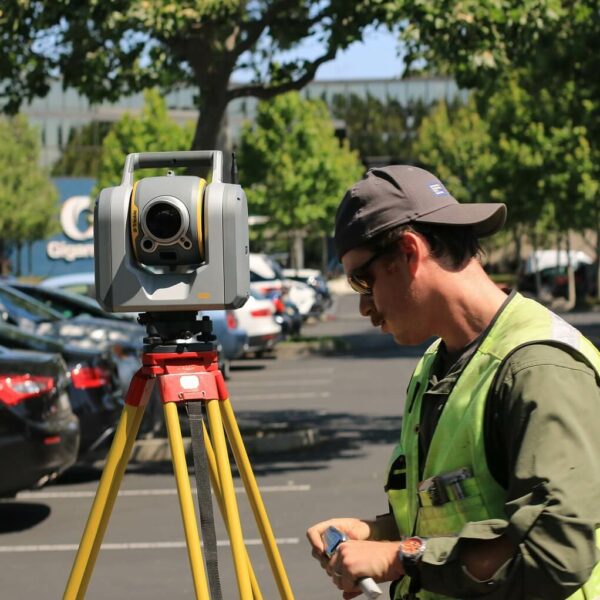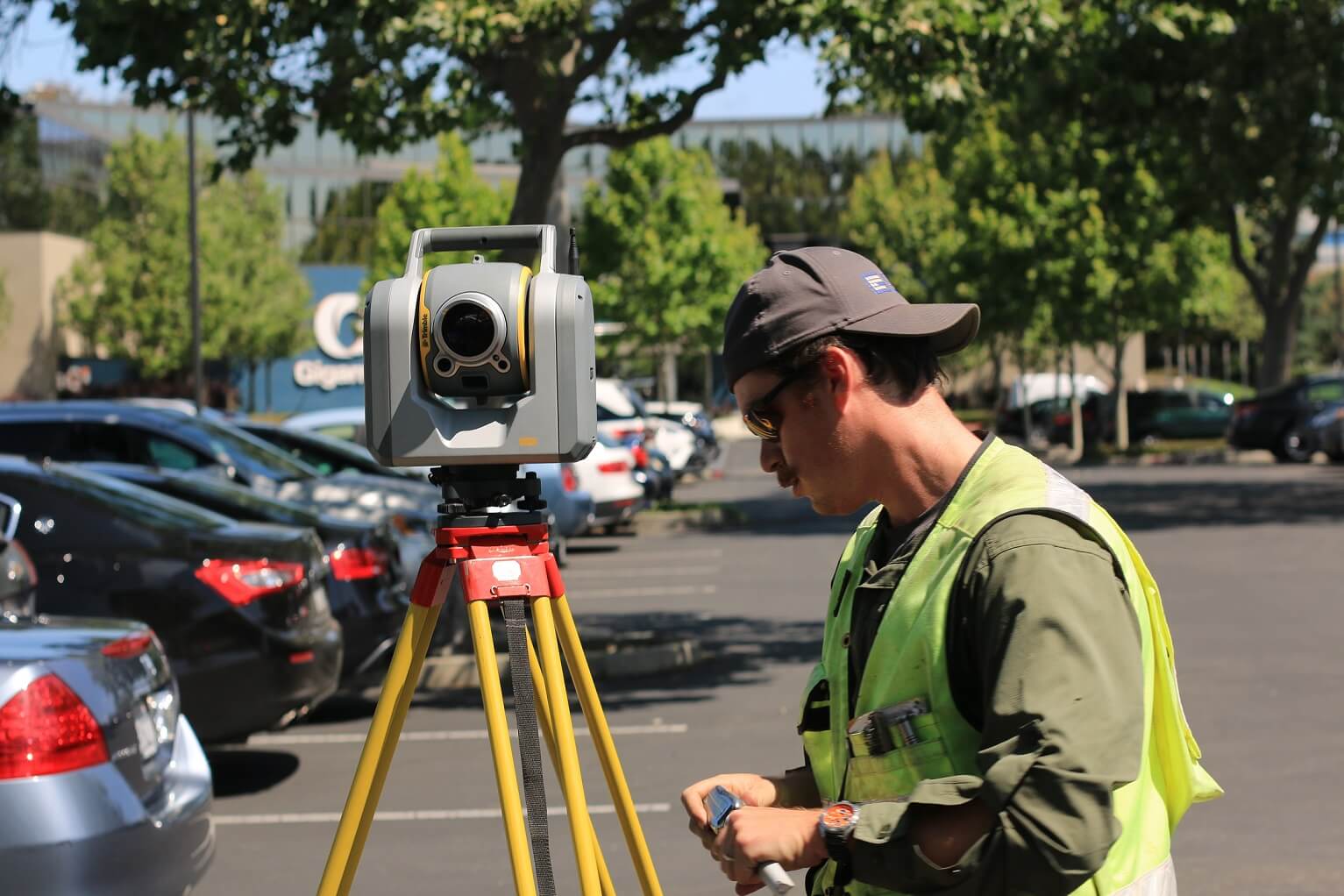How to Become a Professional Land Surveyor in Australia
Land surveying is the science, technique and profession that goes into a wide variety of tasks including planning and designing new or existing structures, construction of buildings, roads, bridges, sports fields, farming, land and building development and monitoring and environmental measuring.
Surveyors are experienced in measuring the dimensions of the land size. They use this data to advise and inform engineers, architects, geologists, developers, and town planners on how to best proceed on the building project. Often the first to arrive at any construction or development site, surveyors are responsible for measuring and mapping the land.
Their research is used by architects to take advantage of the landscape when designing the infrastructure. Engineers can use the information to ensure the planned structures are plausible and are built accurately and safely.
Surveying duties & tasks
- Calculate the dimensions of the land using specific professional equipment and technology
- Establish the borders of private or public land
- Build property titles through plans for subdivision
- Organize and interpret the information learned from field studies
- Decipher local codes and laws to advise clients on legal matters regarding boundaries and titles
- Research the natural and social local environment, observe land and marine resources, and interpret the data to plan the growth of property, grounds, and buildings in rural, urban, and regional areas
- Collaborate with engineers, architects, and developers to organize and oversee construction projects
- Create plans, files, maps, reports, and charts

Benefits of becoming a land surveyor
As a land surveyor, you will often find yourself out of the office and working in different indoor or outdoor environments. You can also choose to be employed in a wide variety of industries, including IT and archaeology. Some surveyors work in academia or science laboratories, while others choose a job working for the government.
Currently, there is a high demand for surveyors, and the job market is growing, with 95% of students finding work within four months of graduating. The pay is above average, with graduates having an average starting salary between $55-60k p.a.
As a land surveyor, you work with the latest technology and tools and can decide to work for yourself, in a private firm, or a government department.
How to become a surveyor in Australia?
Surveying is a unique field of study as it combines maths, geography, and IT into one job that allows you to work outside most of the time. For students who love to work hands-on, this might be a career path to consider.
To join the field, you can complete vocational training to become a survey assistant or technician. To become a professional surveyor, you will need to complete an undergraduate program or an undergraduate paired with a master’s degree, depending on where you study. Graduate courses will be required to become a licensed or registered surveyor.
Education and training
To pursue a career in surveying, you must have completed a degree in surveying, geospatial science, spatial science, or geographical information systems. First, you must obtain a Senior Secondary Certificate of Education and complete prerequisite subjects in English, Physics and Mathematics. The number and type of prerequisite courses vary from university to university, with some offering adaptable entry requirements. Some schools will even provide an external study. Contact each university you are interested in for more information about their specific requirements.
Another step you can take is to contact local surveying firms and ask if they have any work experience placements available. Depending on the project, students might be legally required to obtain a general construction induction “white card,” which grants them access to building and construction sites. You will receive training on the proper safety and prevention regulations that are required before you begin your placement. You can receive this quick training online and via a TAFE (Technical and Further Education) course.
This type of experience is invaluable to you as a student. It gives you hands-on experience and the opportunity to forge new connections in the field. It might even lead to tertiary study, and eventually into a paid surveying job.
Employment opportunities for a surveyor
Surveyors can work in a wide range of industries and can be employed by government departments, private practices, mining and construction companies, and engineering firms. The type of opportunities available to you depends on the industry you wish to join. Land, or cadastral, surveyors generally have the strongest job market options in both small and large firms. If you choose to work in a large firm, you will find more opportunities to specialise in a particular sector. If you decide to work as a mine surveyor, you will likely work in the mining industry based in regional centers. If you continue your education, you might be promoted to administrative or engineering positions, which are often concentrated in the capital cities.
As technology advances, surveyors jobs have become less time-consuming. Surveyors no longer have to spend as much time surveying fieldwork and completing tasks thanks to new innovations like satellite-position systems, land and geographic information systems, electronic-distance and angle-measuring equipment, remote-sensing equipment, and the general use of computers and graphics.
Requirements to become registered
To become registered or licensed by the surveyor’s board, graduates must first complete a specified amount of supervised practical experience. Depending on the territory or state, a graduate might also have to sit an exam, pass an interview, submit a technical project, or complete additional study.
In Australia and New Zealand, all the states and territories have mutual recognitional arrangements, which means that if you become licensed or registered in one area, you can become registered in the other zones. All you would have to do is complete an application, pay the set fees, and meet all the minimum requirements. Land Surveyor insurance should also be considered and this may include professional indemnity insurance.
This information is general only and does not take into account your objectives, financial situation or needs. It should not be relied upon as advice. As with any insurance, cover will be subject to the terms, conditions and exclusions contained in the policy wording. © 2025 BizCover Limited.





